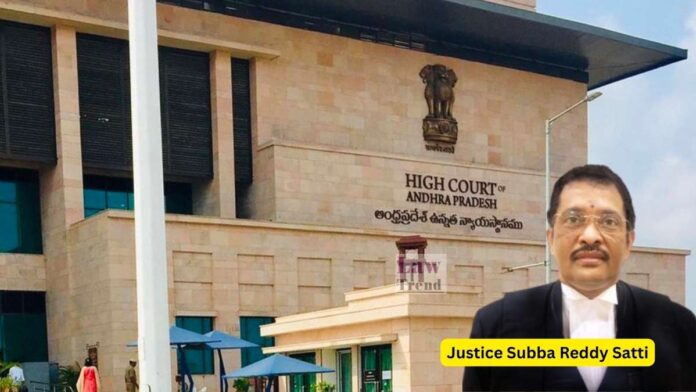The High Court of Andhra Pradesh, in a significant ruling on interlocutory injunctions, has held that trial courts cannot issue vague ‘status quo’ orders without first recording a prima facie finding on which party is in possession of the disputed property. Justice Subba Reddy Satti described the practice as a “shortcut procedure” that creates ambiguity
To Read More Please Subscribe to VIP Membership for Unlimited Access to All the Articles, Download Available Copies of Judgments/Order, Acess to Central/State Bare Acts, Advertisement Free Content, Access to More than 4000 Legal Drafts( Readymade Editable Formats of Suits, Petitions, Writs, Legal Notices, Divorce Petitions, 138 Notices, Bail Applications etc.) in Hindi and English.




